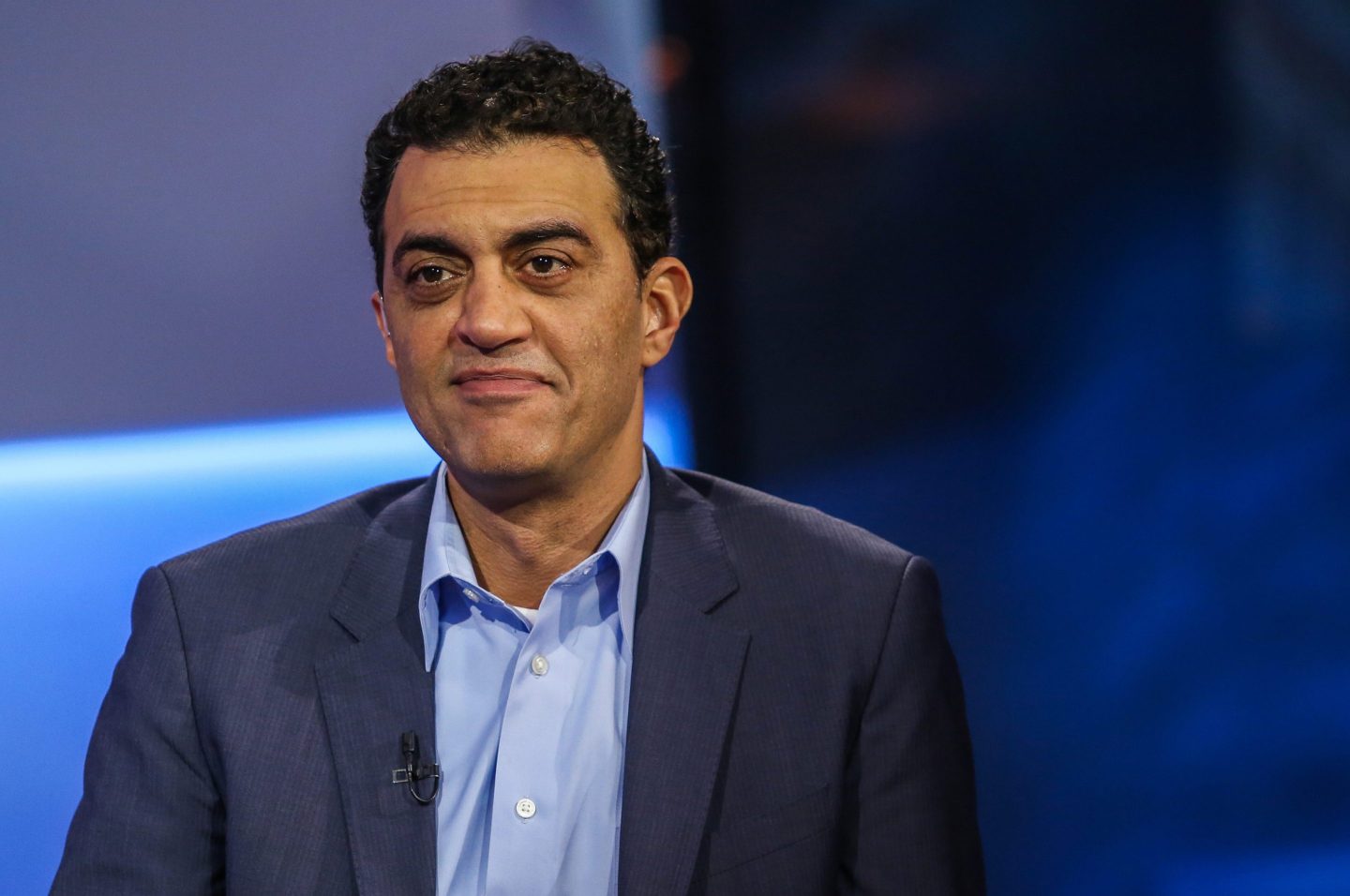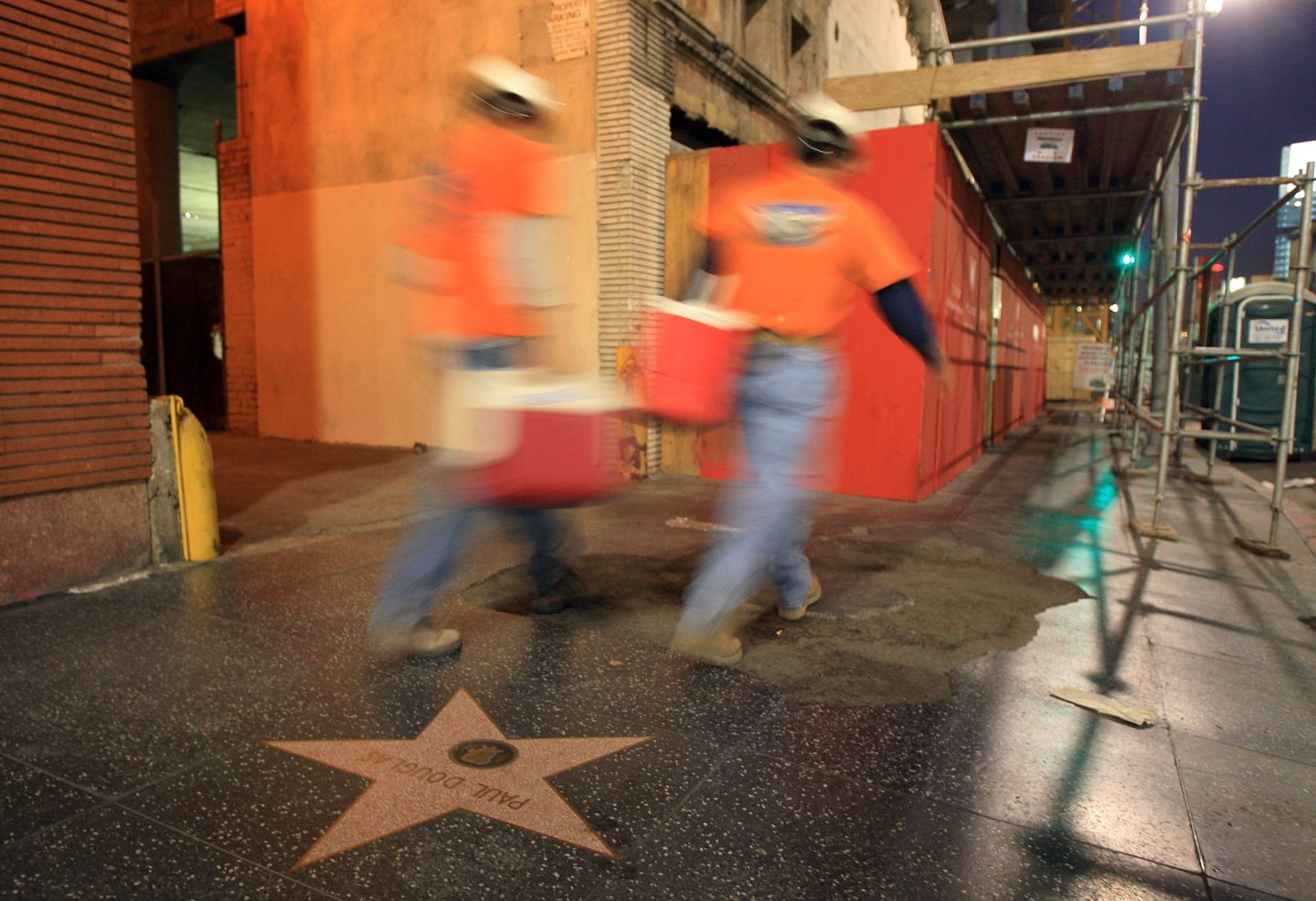Elon Musk has a message for America’s business leaders—either prepare yourself for the AI revolution or start writing your corporate obituary.
At a juncture in time when Tesla’s CEO is cutting back on investments into new vehicle capacity, he is spending $10 billion this year alone to bulk up on AI training and inference, and position Tesla at the forefront of the industry for real-life applications outside of generative AI.
“Any company not spending at this level, and doing so efficiently, cannot compete,” he posted on X Sunday.
Spending on AI inference would primarily be targeted at his range of cars, a possible indication that he is preparing the ground for the next generation of his custom-designed Full Self-Driving (FSD) computer known as HW5.
The distinction between training and inference is important since close observers will know Musk is currently working on another major AI project, his humanoid robot dubbed Optimus after the 1980s cartoon vehicle that transformed into a sentient robot.
This bold and risky pivot toward AI—and by implication away from his previous focus on a tenfold increase in car sales to 20 million EVs annually—definitively answers the perennial question whether Tesla is an automaker or a tech company in favor of the latter.
Any typical auto executive would have long since invested in rejuvenating one of the oldest product ranges in the auto industry. For example, Tesla’s EV archrival, BYD, is pumping out one new model after another across its portfolio of brands with the help of its small army of 90,000 vehicle engineers.
Tesla will spend around $10B this year in combined training and inference AI, the latter being primarily in car.
— Elon Musk (@elonmusk) April 28, 2024
Any company not spending at this level, and doing so efficiently, cannot compete.
Musk however seems to view his cars more as an iPhone on wheels, a premium device for delivering high-margin software, that can be sold at lower profit since revenue will be recouped by offering services around the vehicle.
For the moment, that approach has not worked. Tesla has found itself forced to repeatedly cut prices to stimulate enough demand to keep his factories humming. Musk even recently resorted to slashing the price of his FSD software by a third.
Only 18 months ago, the idea of Tesla struggling to find customers seemed ludicrous, to borrow a favorite adjective of Musk. Yet China’s new generation of EV rivals are in a class of their own when it comes to value for money, and his own personal brand has been tarnished.
Musk’s latest answer has been to pivot away from a direct match-up car for car, and instead attempt to be the first global company to carve out a stake of the future market for autonomous ride-hailing networks.
While it is true the Tesla CEO predicted year after year that his cars would be able to drive entirely on their own without supervision, only to fail each and every time, his new FSD software v12 is a potential game changer. Unlike all his previous attempts, it runs entirely on AI without resorting to hard-coded commands, and initial customer feedback has been positive.
New deal to expand FSD to China
Emboldened by the success, Musk has quickly snatched up every AI chip he can find.
In the first quarter alone, Tesla spent $1 billion more than doubling its compute capacity to the equivalent of 35,000 Nvidia H200 chips, the benchmark for AI processing. Last week Musk promised this figure would hit 85,000 by the end of the year.
Musk hopes none of his direct competitors will take him up on his advice and Tesla will be able to be the first to solve unsupervised self-driving at scale and beat out Waymo to the lucrative business of licensing out his autonomous technology to rivals.
A key step in that direction is proving v12 is just as capable abroad as it is in the United States, where its software was trained.
On Monday he managed to clinch a deal that could see FSD finally gain approval in China. To placate demands from Beijing, Musk partnered with local internet search giant Baidu, itself a major contender in self-driving cars, to license the latter’s mapping and navigation software.
“Musk winning FSD approval in the key China market is a watershed moment for the Tesla story in our view,” wrote Wedbush senior tech analyst Dan Ives on Monday. Shares in Tesla are expected to surge over 9% when trading begins.
In the meantime, the Tesla community increasingly suspects Tesla has cancelled its $25,000 low-cost EV in all but name, and could instead launch a hatchback version of its Model 3 sedan that can be manufactured using existing production lines. That means Musk doesn’t have to splash out even more cash to build new capacity.
Investors like billionaire Ron Baron have hailed the decision, since Tesla is alreadly saddled with too many factories and could easily close one. Musk’s company can currently build 3 million cars this year across its four vehicle manufacturing plants, according to Baron, but in all likelihood will not sell more than 2 million this year.













